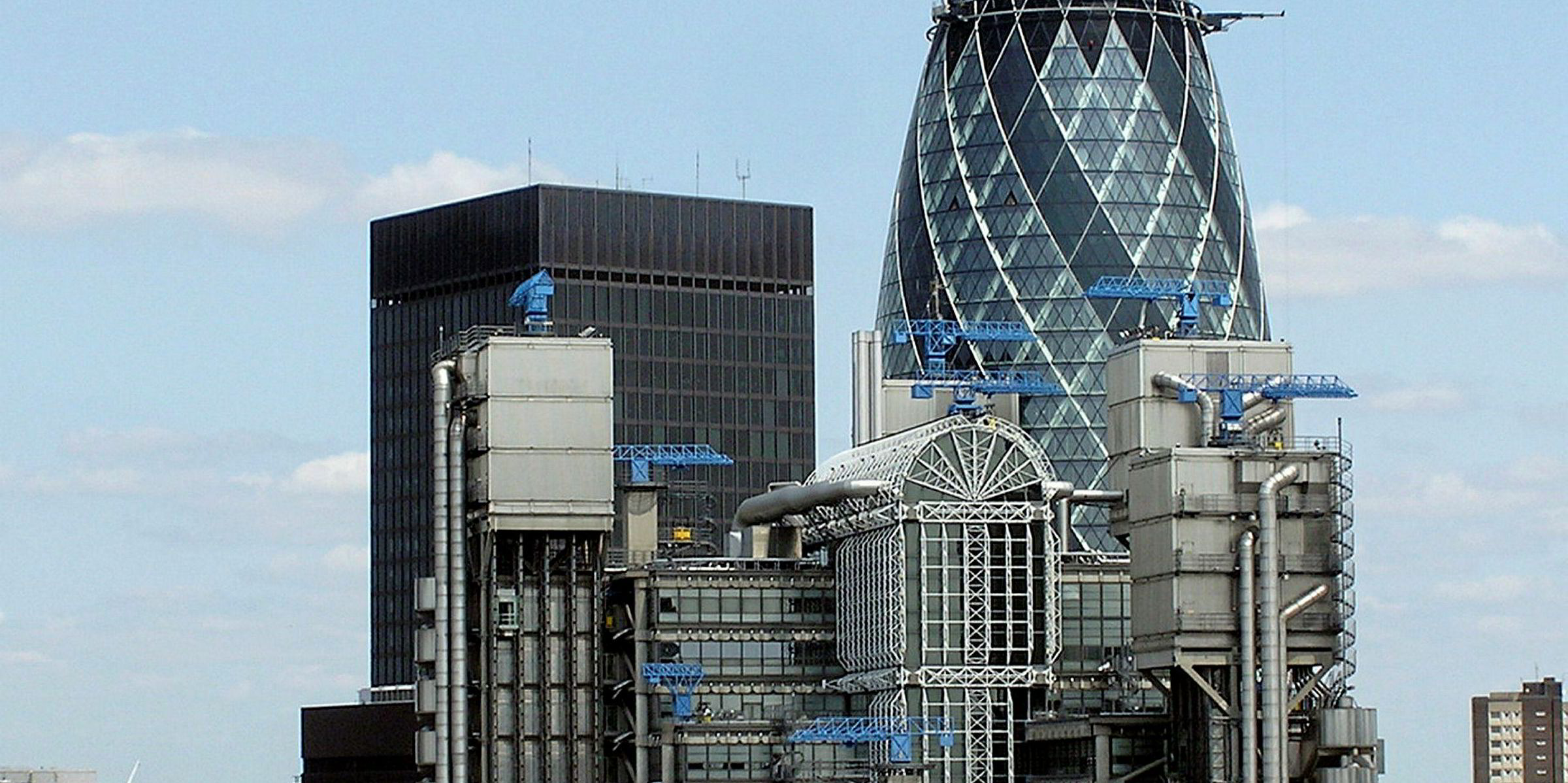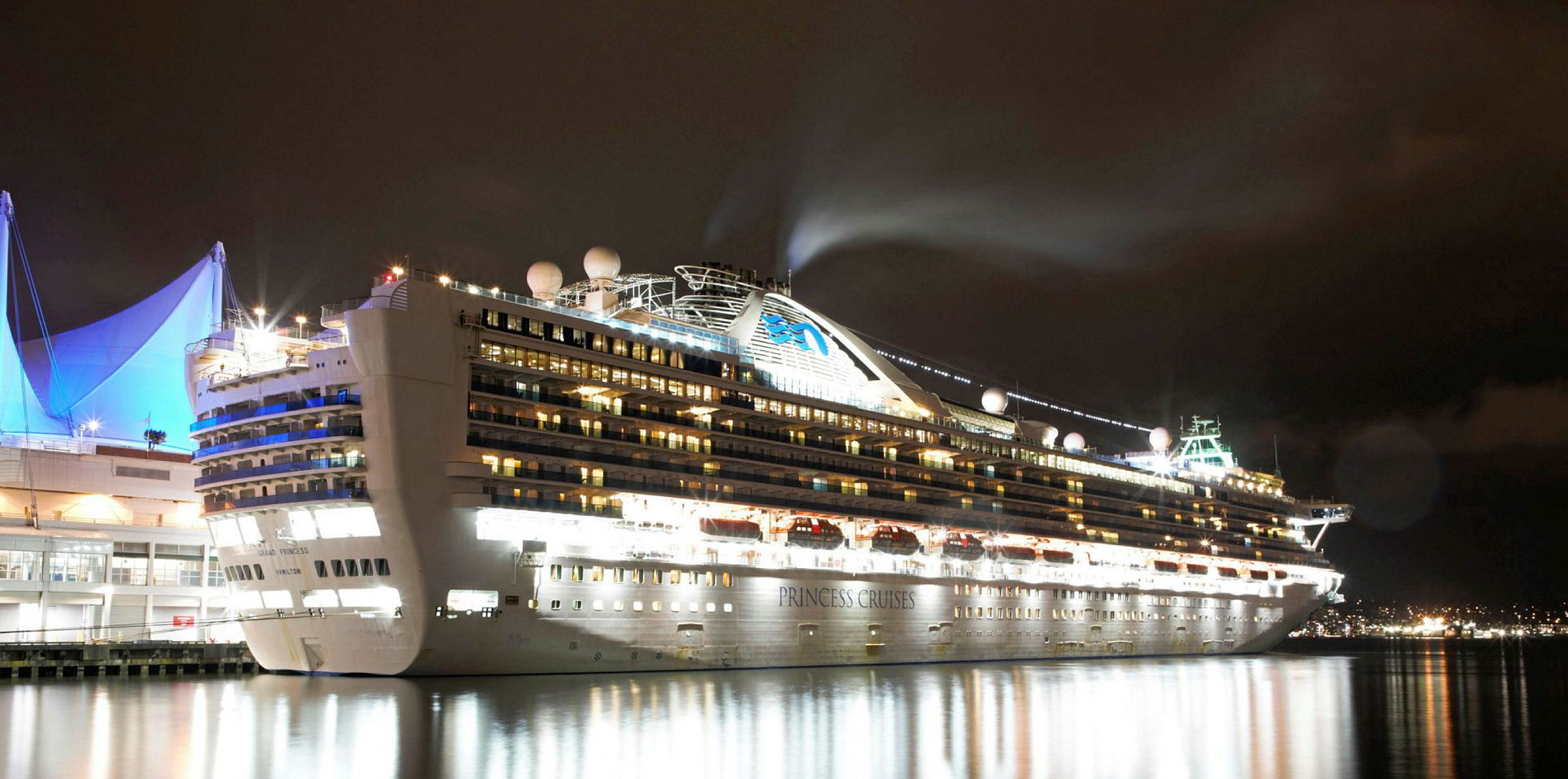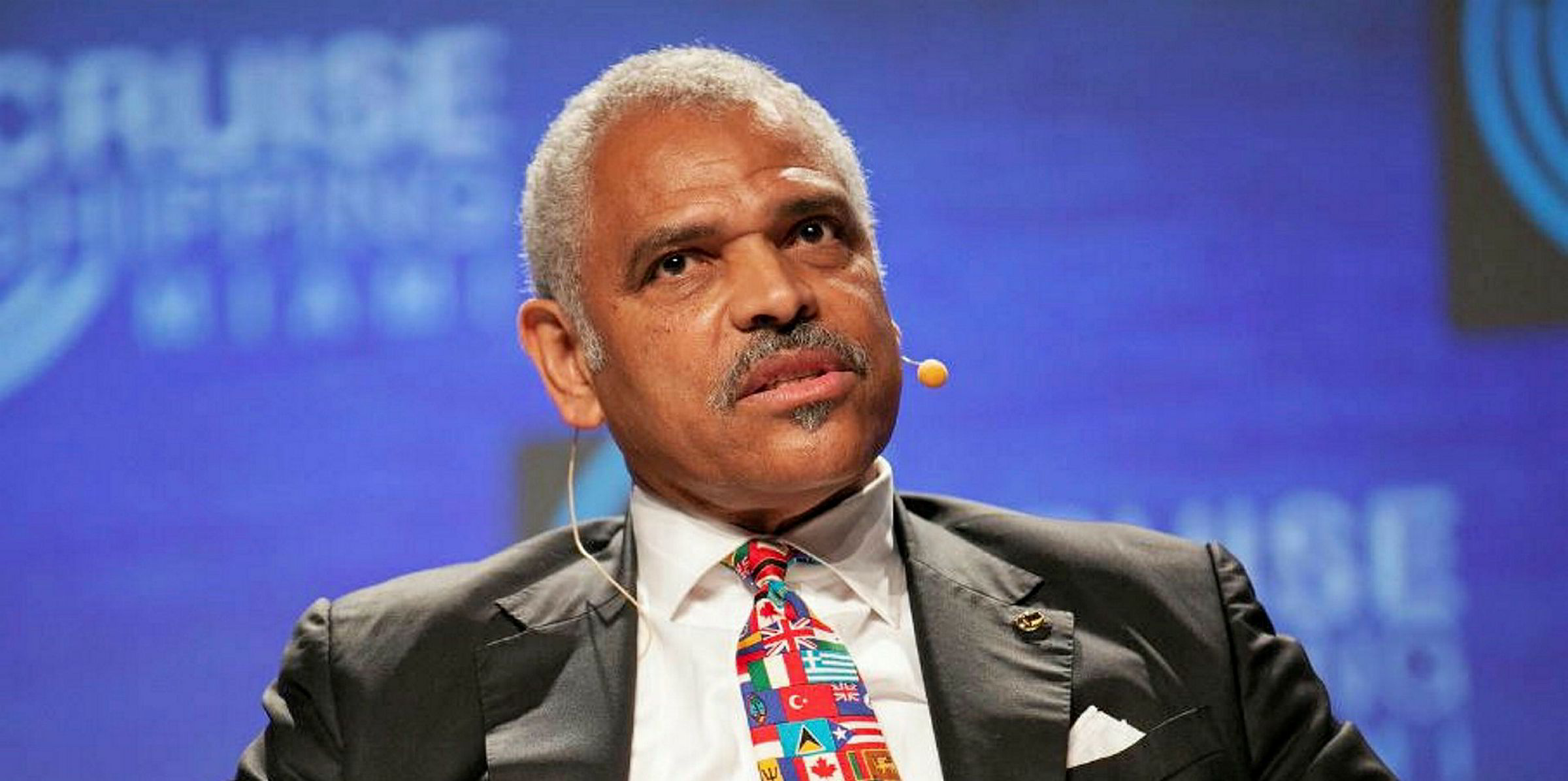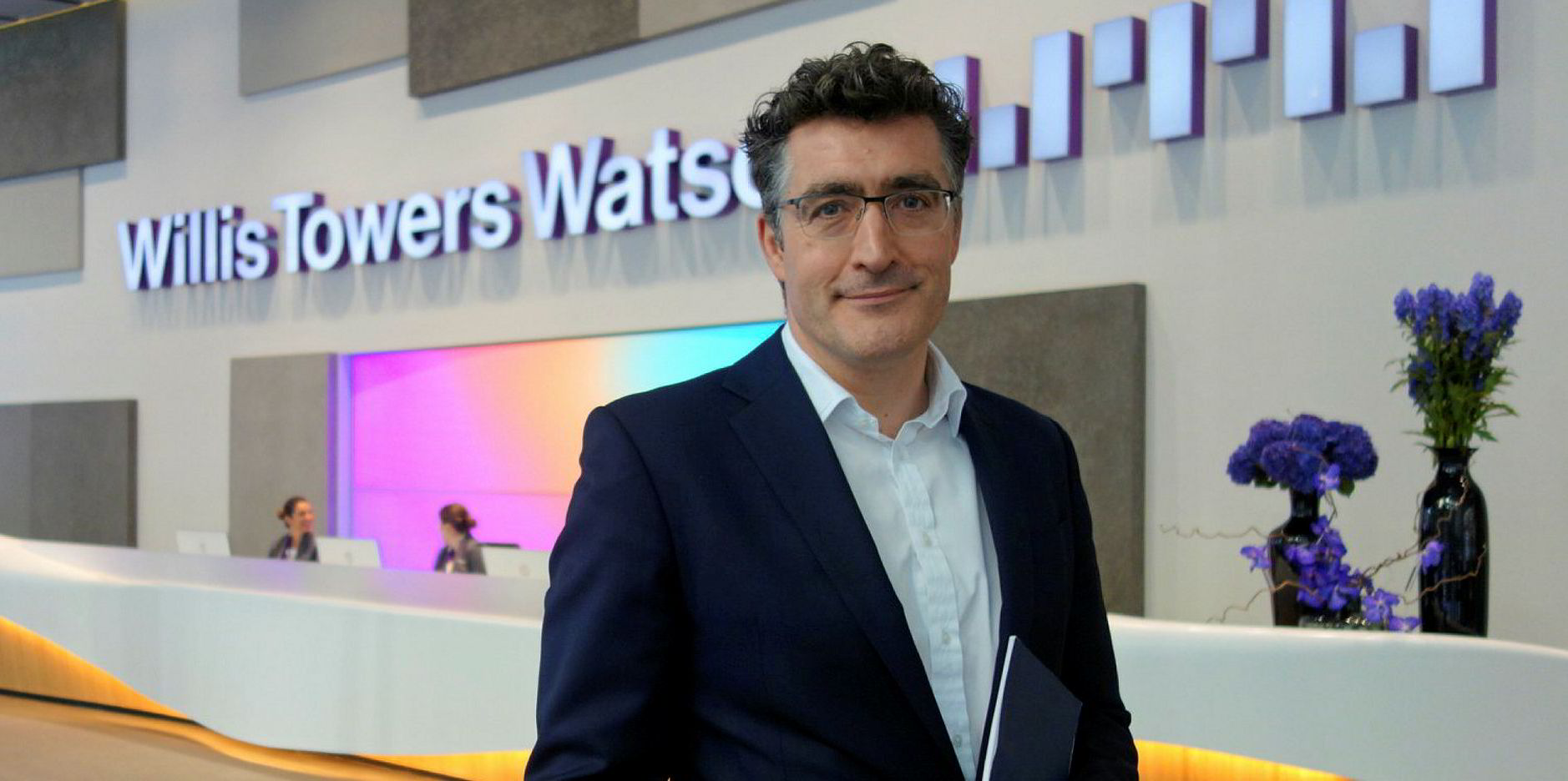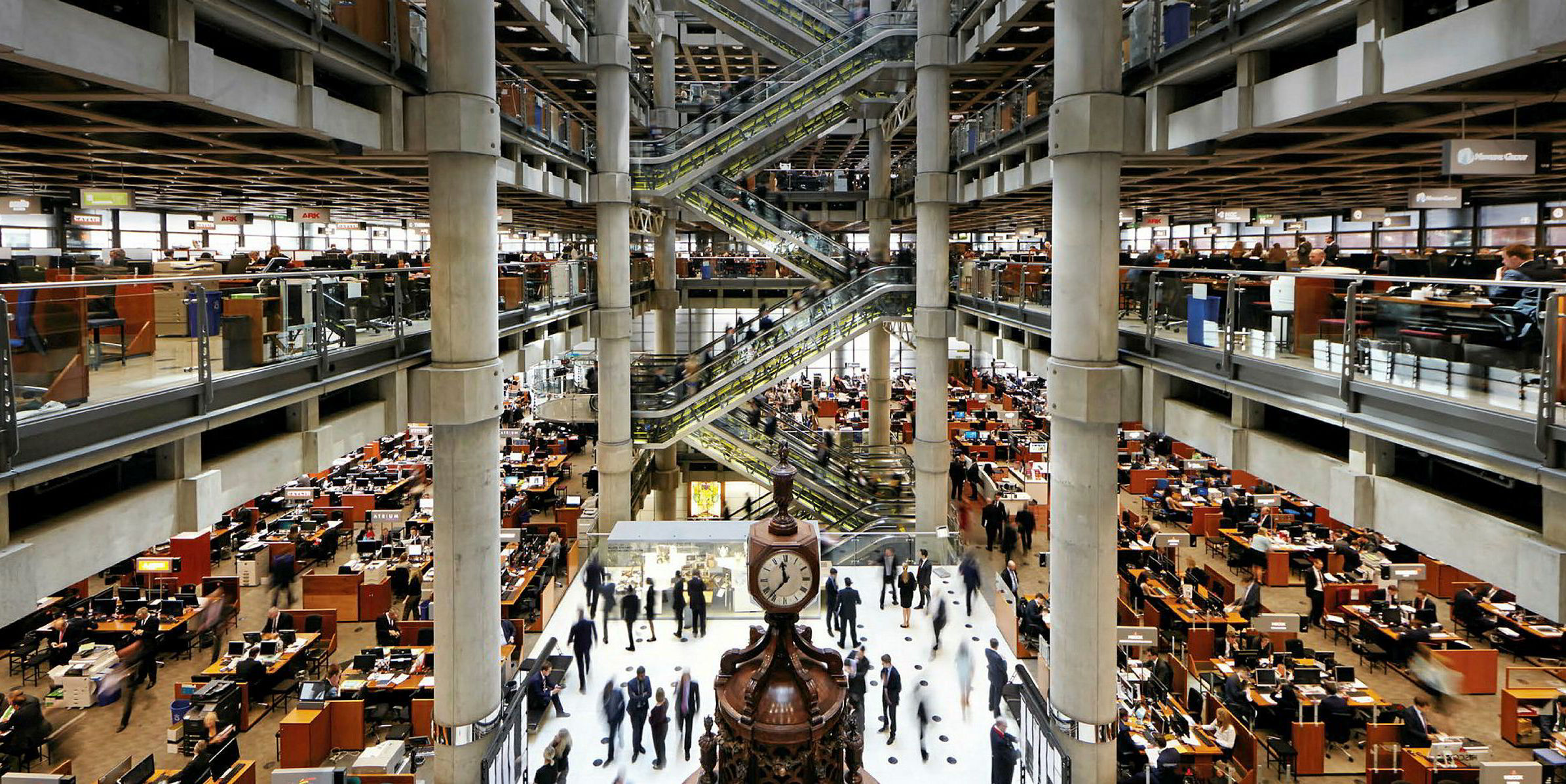Marine insurers have been left exposed on two key fronts to the financial damage being wrought on the shipping industry by the coronavirus pandemic.
Claims relating to the virus are starting to mount, while the marine insurance industry's financial position is being weakened by stock market volatility.
Substantial claims are falling on the desks of claims’ handlers, despite the fact that the disease does not appear to pose a direct threat to ship safety.
Delay and disruption
Clyde & Co associate Matthew Pearson recently said coronavirus-linked claims are most “likely to be felt in terms of delay or disruption”.
The costs of taking sick crew off vessels and ship delays at port caused by suspected coronavirus cases will both fall to protection and indemnity clubs.
The cost of cargoes damaged or spoiled due to port delays will also be a P&I liability.
And the sums involved could soar when the ships that are delayed are cruiseships and their cargo passengers who become ill, as was the case aboard the 115,000-gt Diamond Princess (built 2004).
Carnival Cruises — which operates the Diamond Princess via its subsidiary, Princess Cruises — splits its P&I cover between Gard, Steamship Mutual and the UK P&I Club.
These clubs could eventually face the costs of an increasing number of passengers who are now bringing litigation against Carnival to the US courts over the prolonged quarantine of the ship at the port of Yokohama in Japan.
Five coronavirus-related lawsuits against Carnival Corp subsidiary Princess Cruises emerged in the first two weeks of March.
So far, only a handful of claims have been filed against Carnival in the US over the Diamond Princess incident. The smallest claim to date is valued at about $1m.
But in total, 700 people were infected aboard the ship after it was quarantined in Yokohama, and all could potentially bring compensation claims against the company.
Class action
A class action lawsuit could see much higher claims brought to the US courts. In similar cases in the past, claimants in the US have been able to set a claim at a percentage of the cruise lines’ turnover.
Such actions in the US can also be heard by a jury, which would substantially increase legal costs.
While there may be some wriggle room for the P&I clubs over the extent of their liability, as one marine insurance expert put it: “It will be a brave claims manager that turns down a claim from Carnival Corp.”
The other problem insurers will face is the damage the virus has done to the world's stock markets, which have a direct impact on their financial strength.
A hefty collective financial reserve of approximately $5.5bn held by the 13 members of the International Group of P&I Clubs will have taken a substantial hit over recent weeks as share prices have fallen. A considerable chunk of the group's financial reserves are held in equities.
As broker Arthur J Gallagher said in its recent P&I report: “Many 2019 policy-year investment gains have been wiped out as markets tumbled around and just after 20 February in the wake of the ongoing Covid-19 situation.”
Tough time for P&I clubs
The fall in free reserves comes at a difficult time for P&I clubs.
At the annual P&I policy renewal on 20 February, the mutuals achieved an increase in premium — but not as much as they had hoped for to fully address underlying underwriting losses.
With reserves now depleted and the issue of underwriting losses ongoing, further falls in the equity markets could leave some clubs in a precarious position financially.
In a separate development, some observers have also suggested that the collapse in share values may put the proposed acquisition of insurance broker Willis Towers Watson by Aon under threat. Both are major players in the marine insurance markets.
The original $30bn valuation on the merger has been cut by nearly one-third as a result of the fall in both companies' share prices. And there is now speculation over whether the all-stock deal will still go ahead, following a change in relative valuations.
However, the other main sector of marine insurance — hull and machinery and cargo — looks like it will be less affected by the coronavirus fall out.
The biggest impact to date is that Lloyd’s of London — the world's largest trading market for hull and machinery and cargo insurance — has been forced to shut its trading floor as City of London workers are encouraged to work from home.
Similarly, most of the non-Lloyd’s London-based insurers are also working remotely, as are many of the City's broking community.
Despite the disruption, business appears to be continuing as usual.
The biggest impact on the sector will be whether the ongoing coronavirus situation will hamper attempts to raise rates.
Underwriters are concerned that the long-term effect of the outbreak on the financial well-being of shipowners will make it more difficult to increase premiums.
